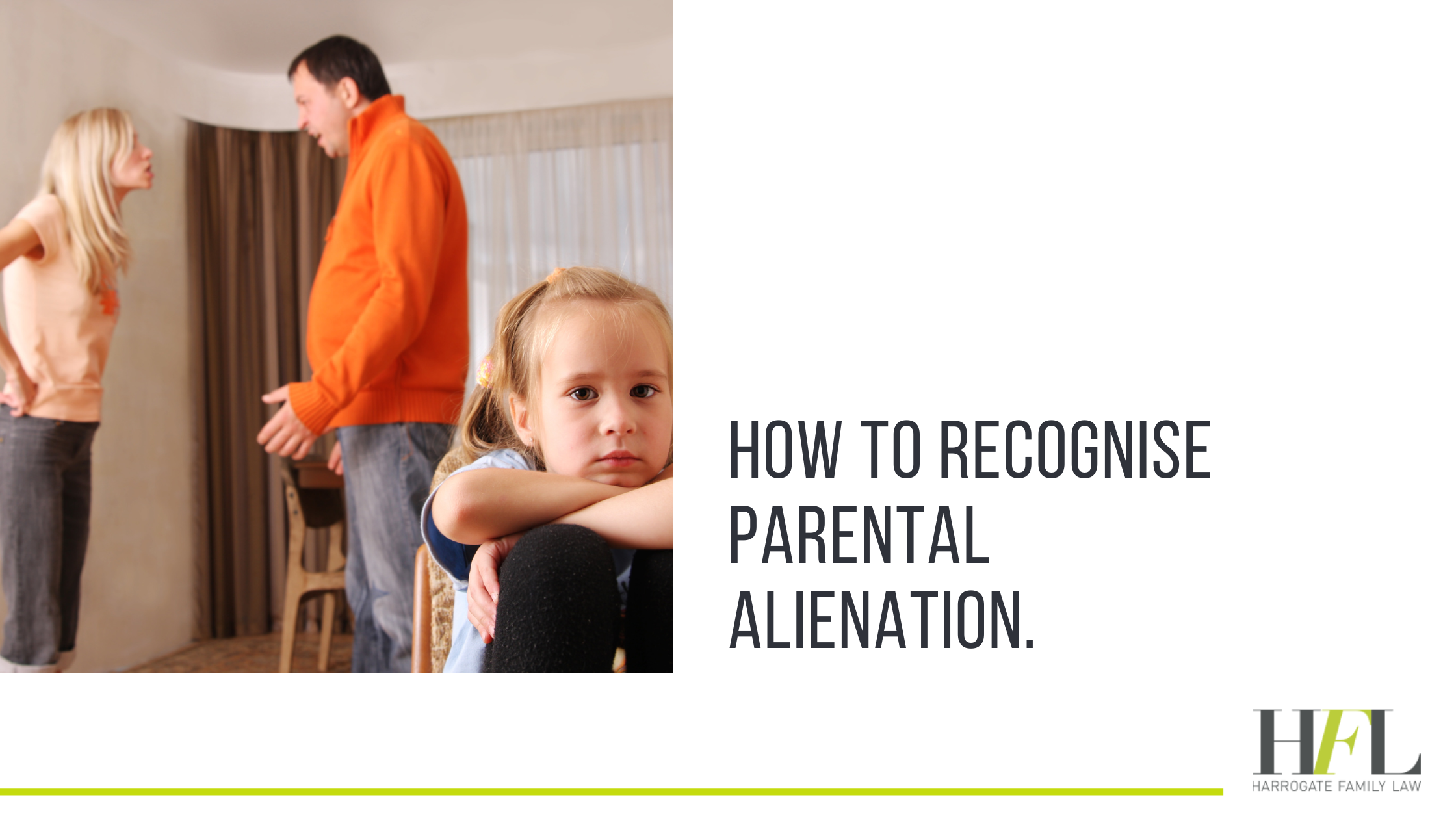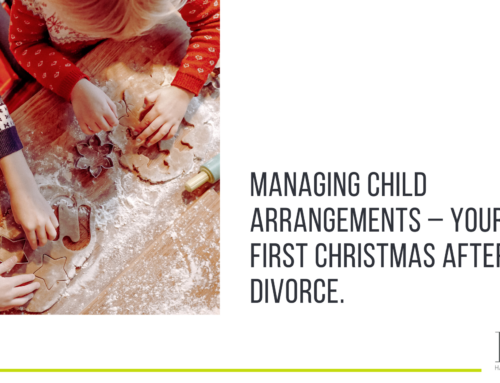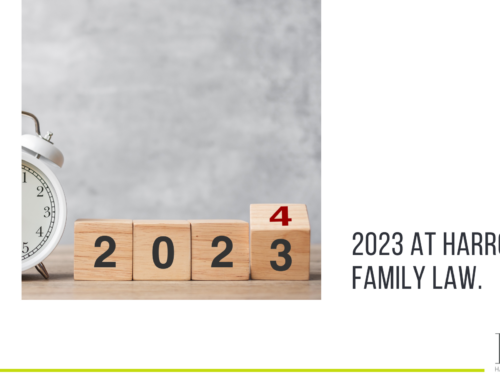Parental Alienation Awareness Day is held on 25th April every year, in an effort to raise awareness of this ongoing issue worldwide.
Parental alienation is an emotive and controversial topic. On the one hand, it can be used as a powerful method of control, causing a complete breakdown in the relationship between a parent and child. But it can also be weaponised, used by perpetrators of domestic abuse to discount claims made against them.
This week, to mark Parental Alienation Awareness Day, we’re exploring the concept of parental alienation, including what it is, how to spot legitimate cases, and how to access support.
What is parental alienation?
Parental alienation is the deliberate destruction of the relationship between a child and one of their parents. It usually happens during a divorce or separation, where one parent manipulates their child(ren) to ‘turn against’ the other, when the alienated parent doesn’t actually pose any threat or safeguarding risk.
The charity Parental Alienation Awareness describes parental alienation as a form of domestic abuse that manipulates a child into “showing unwarranted fear, disrespect or hostility toward the targeted parent and/or their family members.” You can also take a look at the CAFCASS definition of alienating behaviours here.
Parental alienation can happen to both mothers and fathers, with serious negative consequences to the mental health and wellbeing of the affected parent and, of course, the children involved.
Spotting the signs of parental alienation
It’s worth remembering that in any family breakdown or separation, it’s normal for there to be negotiations, potential changes, and indeed disagreements about how much time the children spend with each parent, and where they’ll live. This can be both upsetting and frustrating, but does not alone constitute parental alienation.
Some examples of alienating behaviours include:
- Blocking communication between a child and their other parent.
- Being overly negative about the other parent to influence a child’s opinion.
- Withholding medical or school information about the child from the other parent.
- Undermining the other parent’s authority.
A key part of the definition of parental alienation is that these behaviours are unwarranted. This is what can make the issue so complex, as it can be difficult to prove whether a child is avoiding one parent because they are being manipulated by the other, or because there are real risks at play.
Parental alienation ‘experts’
In some circumstances, ‘parental alienation experts’ can be brought into proceedings to determine what the arrangements for the children will be. These experts are tasked with determining whether alienation has taken place, and giving recommendations for resolving the situation. This can include cutting all contact between the ‘alienating’ parent and their child until they have gone through extensive therapy.
There’s currently a lot of controversy around parental alienation experts, as they’re not always qualified or regulated. There can also be significant conflicts of interest involved. For example, experts could have a vested interest in confirming alienation has taken place so that they can recommend their own therapies. The Family Justice Council has brought in new guidance around the use of expert witnesses in parental alienation cases in an attempt to address potential conflicts of interest.
Given what’s at stake, it’s vital that when experts are used, the guidance is followed and their services fully regulated.
Need support?
Parental alienation can have devastating consequences for everyone involved. If you’re concerned about parental alienation – whether you believe that your child is being coerced or you’re concerned about being accused yourself – it’s important that you seek legal advice as soon as possible.
At Harrogate Family Law, we have experience in resolving these sensitive situations with compassion, and have the expert legal advice you need to move forward. Get in touch today to chat with a member of the team and explore your options.






